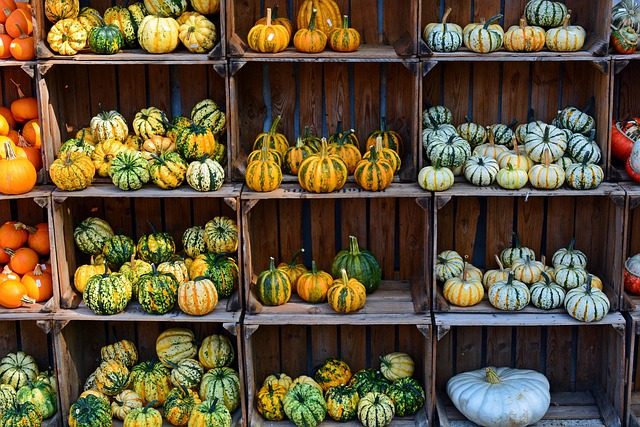Understanding yard waste composition is vital for effective compost creation. Balancing carbon-rich and nitrogen-rich materials, like leaves, grass clippings, and food scraps, enhances soil health. Proper removal and recycling of yard waste instead of landfilling reduces greenhouse gas emissions. Composting enriches garden soil, promotes plant growth, suppresses weeds, conserves water, and minimizes environmental impact through sustainable yard waste management practices.
Compost creation is a game-changer for garden enthusiasts looking to reduce yard waste removal costs and recycle natural resources. Understanding the composition of your garden’s organic materials can transform your green space. This article guides you through the process, from recognizing suitable compost ingredients to implementing an effective step-by-step composting method. We’ll also explore creative ways to utilize recycled compost, enhancing soil health and fostering a sustainable gardening routine.
- Understanding Yard Waste Composition and Its Impact
- The Art of Composting: A Step-by-Step Guide for Gardeners
- Creative Ways to Utilize and Recycle Compost in Your Garden
Understanding Yard Waste Composition and Its Impact

Understanding the composition of yard waste is crucial for garden enthusiasts looking to implement effective compost creation. Different types of organic materials, such as leaves, grass clippings, and food scraps, have distinct properties that impact the composting process. For instance, carbon-rich materials like dry leaves and straw provide a steady energy source for microorganisms, while nitrogen-rich items like grass clippings and kitchen waste stimulate growth. Balancing these components is essential to create nutrient-rich compost.
Proper yard waste removal and recycling play a significant role in this process. Instead of sending organic materials to landfills, where they produce greenhouse gases, gardeners can recycle them through composting. This not only reduces waste but also enriches soil, promoting healthier plant growth. By recognizing the impact of different waste streams and adopting sustainable practices, garden enthusiasts contribute to a more eco-friendly environment.
The Art of Composting: A Step-by-Step Guide for Gardeners

Composting is an art that transforms yard waste into a nutrient-rich resource for your garden, offering a sustainable solution for gardeners eager to reduce their environmental impact. It’s a simple process that involves careful balance and attention to detail.
Begin by selecting a composting method: bin or pile. For a controlled approach, opt for a compost bin with aeration holes, allowing air circulation and accelerating decomposition. Collect organic materials like kitchen scraps, yard trimmings, and leaf waste. Ensure a carbon-to-nitrogen ratio of 25:1 for optimal results; add dry, carbon-rich materials (e.g., straw, shredded paper) to balance out greener, nitrogen-rich items (food scraps, grass clippings). Regularly turn the pile to introduce oxygen and prevent odors. Once the compost reaches a dark, crumbly consistency, it’s ready to enhance your garden soil, providing essential nutrients for healthy plant growth while effectively recycling yard waste.
Creative Ways to Utilize and Recycle Compost in Your Garden

Compost creation is not just about mixing organic materials; it’s an art that can transform your garden. Once you have a steady supply, get creative with its use. Instead of viewing compost as a substance to fill in gaps, think of it as a versatile tool for enhancing different aspects of your outdoor space. For instance, top-dressing flower beds and vegetable patches with compost improves soil structure, fertility, and moisture retention. This simple practice encourages healthier plants and reduces the need for excessive watering.
For yard waste removal and recycling, compost can be used as a natural mulch to suppress weeds, retain soil moisture, and add aesthetic appeal. It’s also an eco-friendly alternative to chemical fertilizers, promoting a more sustainable garden. Experiment with using compost to create raised beds or amend your soil before planting new lawns or shrubs. Its nutrient-rich nature ensures plants get the best start possible. Additionally, compost can be incorporated into potting mixes for houseplants, ensuring they receive the necessary nutrients and well-draining soil.
For garden enthusiasts, composting is not just a sustainable practice but an art that enriches their gardening experience. By understanding yard waste composition and its impact, following simple composting steps, and creatively utilizing recycled compost, gardeners can reduce yard waste removal costs and contribute to a greener environment. Adopting these practices ensures a thriving garden while promoting responsible recycling of organic materials.
